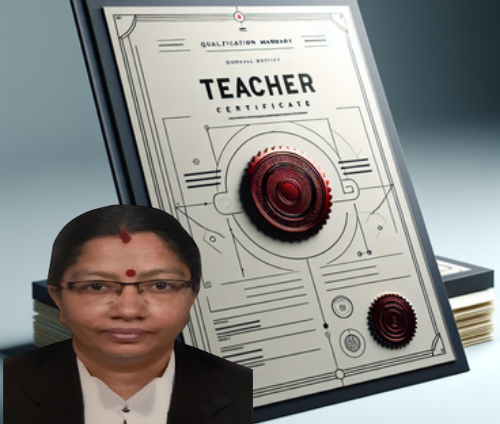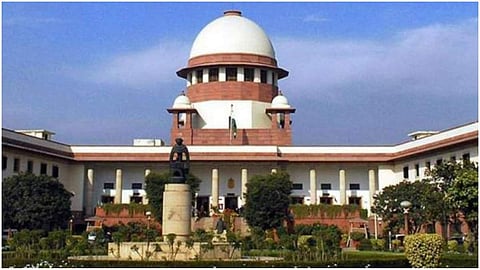In a landmark judgment, the Supreme Court of India has issued a significant directive that could reshape the future of thousands of teachers across the country. The apex court ruled that passing the Teachers Eligibility Test (TET) will now be mandatory for teachers to continue in their jobs and to be considered for future promotions.
According to the order, all serving teachers who still have more than five years of service left must clear the TET examination within two years. Failure to do so would mean that they will either have to submit their resignation or face compulsory retirement. This decision, while tough, has been justified by the court as a necessary step to improve the overall quality of education in India.
The court has, however, provided partial relief to teachers who are nearing the end of their service period. Those with less than five years of service remaining will be exempted from the compulsory TET qualification. But even they will not be eligible for any kind of promotion unless they pass the test.
Why This Ruling Matters
The Supreme Court emphasized that education is the backbone of a nation, and the responsibility of shaping the next generation lies heavily on teachers. To maintain high teaching standards, it is important that every teacher demonstrates minimum eligibility and competence, which is what the TET seeks to measure.
This judgment is expected to have a wide-reaching impact on lakhs of teachers, particularly in government schools where many educators have been serving for years without having cleared TET. For many, the ruling comes as a wake-up call, urging them to upgrade their qualifications to remain in service.

Reaction from the Teaching Community
While some education experts have welcomed the decision, calling it a “bold step towards quality education,” several teacher associations have expressed concern. They argue that many senior teachers, despite being skilled and experienced, might find it difficult to prepare for and clear a competitive exam at this stage of their careers.
The government, on its part, is expected to issue detailed guidelines soon, ensuring smooth implementation of the Supreme Court’s order. Training programs and special support classes for teachers could also be rolled out in the coming months to help educators prepare for the exam.
The Bigger Picture
With this ruling, the Supreme Court has sent a clear message: quality cannot be compromised in education. Teachers, being the foundation of the learning system, must meet the basic eligibility criteria if India is to achieve its goals of creating a knowledgeable, competitive, and future-ready generation.


